BA (Hons)
Creative Media Production
- Undergraduate
- Film, TV and media

Benefit from hands-on training, established links with the media industries, and access to the latest media production technology,
Are you dreaming of becoming a director, cinematographer, sound engineer, journalist, producer, or multi-skilled media professional? Or perhaps you aspire to a career in independent filmmaking, post-production, screenwriting, or art direction?
At Solent, our graduates succeed in these fields because they have the right skills, experience, and qualifications. We provide real-world opportunities and hands-on experiences, enabling you to work on film productions, manage media for local sports teams, creatively support the NHS, film sporting events, livestream festivals, or specialise in content creation.
You’ll also have access to our professional newsroom and radio studios, HD performance studio, motion capture technology, HD broadcast vehicle, and networked studios, equipping you with industry-standard tools to kick-start your career.











Some courses in this subject are accredited or endorsed by:




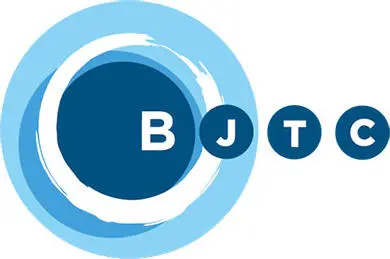


BA (Hons)
BA (Hons)
BA (Hons)
BA (Hons)
MA
Foundation year
You've viewed 6 of 15 results
Explore more of our subjects and courses
Practical work experience is at the heart of our degrees, and you'll benefit from our strong community and industry links. Find out who you could be working with by visiting our course pages.
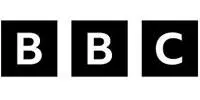


Hear from Solent alumni about where their careers have taken them and how studying at Solent prepared them for their future.
Find out more
“I loved working in the radio studios and doing the podcast stuff and like things like that”
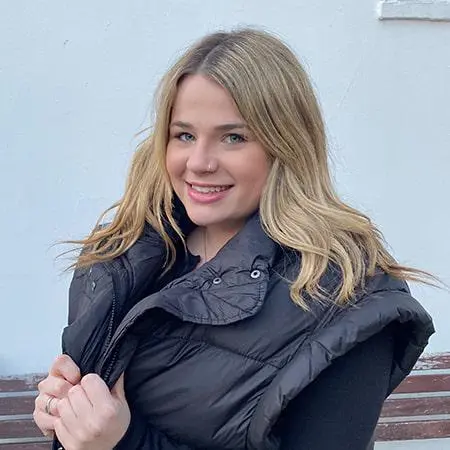
Our cutting-edge facilities are designed to replicate real-world industry standards, giving you the ideal environment to develop your skills and bring your creative ideas to life.
From professional-grade TV and radio studios equipped with advanced cameras, lighting, and sound equipment to high-tech post-production suites, a professional-style newsroom, an Outside Broadcast (OB) vehicle, and a Dolby Atmos student-run cinema, you'll have access to everything you need to succeed.
Our state-of-the-art virtual production stage—an innovation popularised by Disney’s The Mandalorian and featured in blockbusters like The Batman—will equip you with the skills to excel in the future of film and TV production.

Our IAC hemi-anechoic chamber and acoustic equipment are used for education, consultancy and research in acoustics and vibration.

A purpose-built suite designed for post production of audio for film and TV.

A professional quality suite for applying the finishing touches to the colour of films before distribution.

Solent has a variety of post-production facilities in classroom and bookable edit suite configurations.

The Library building is open for Solent students and staff to access computers and study spaces, and for browsing the shelves and borrowing items.

Produce news for TV, radio, web and print in our industry-reflective newsroom and live on location.

Our outside broadcast capabilities are based around our flagship fully-equipped OB vehicle.

Eight radio studios using software and hardware for multi-voice recording and creating on pre-recorded radio shows and podcasts.

Multi-functional spaces for teaching workshops, set building, photography and practical work.

A fully-functioning digital 3D cinema with a professional 2K projector and an exclusive Dolby Atmos sound system.

Available to photography, film, TV and media students to book and hire equipment to aid studies.


Studio B is the main film studio - a dedicated acoustically treated space that can be configured as required for set building and filming.

Three fully functioning high definition multi-camera studios, complete with broadcast standard equipment.

Solent's £33m Spark building combines interactive teaching spaces with lecture theatres and an atrium with social spaces. Central to The Spark building is the futuristic Pod, which has a full-size lecture theatre and open-topped breakout space.
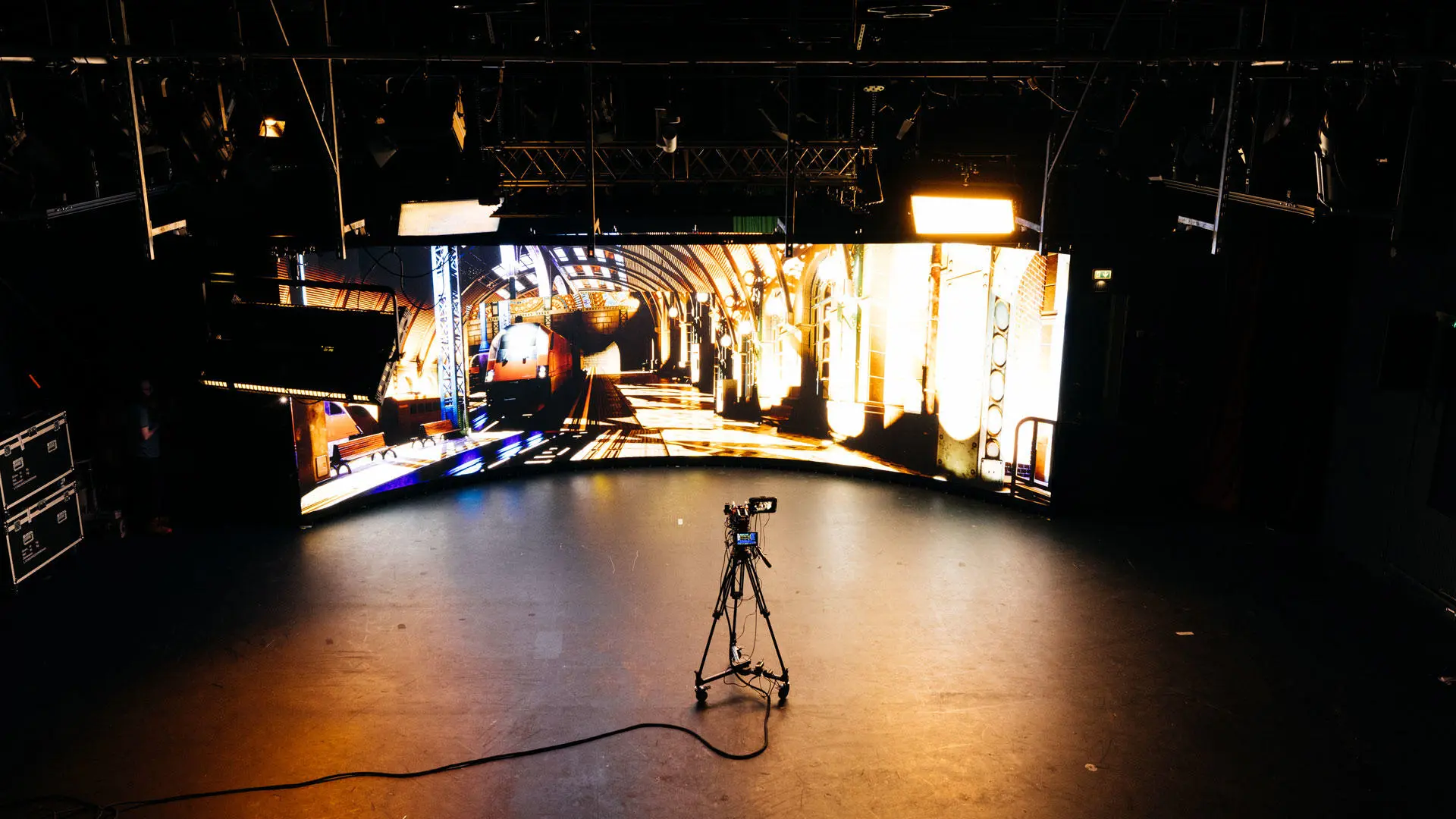
The only stage of its size and specification in the region and one of only five in the country installed in a university.


Our open days are the very best way to see what Solent can offer – a perfect opportunity to talk to our lecturers and meet current students, discover our facilities and explore our campus.
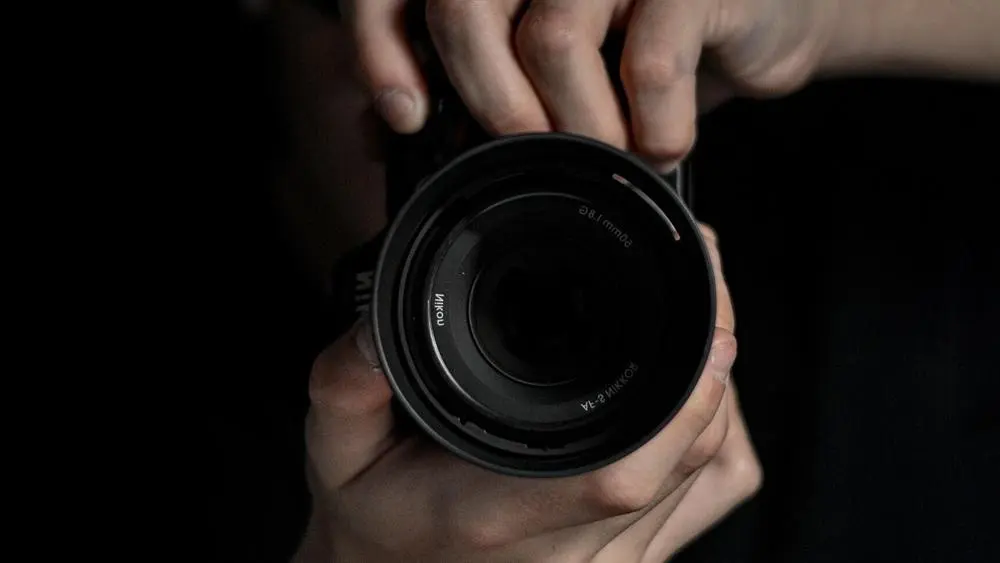
Former student James Cannon returned to Solent to talk to current students about his career journey
18 February 2026
Will Swain, a BA (Hons) Television Production graduate has received a prestigious industry award.
1 December 2025
Associate Professor, Dr Roy Hanney penned an opinion piece, published by HEPI.
26 November 2025
Students at Southampton Solent University successfully ran the livestream for the 2025 COPD Big Baton Pass.
21 November 2025
We'll keep you updated with all the latest news from Southampton Solent University and your area of interest.
Keep up to date